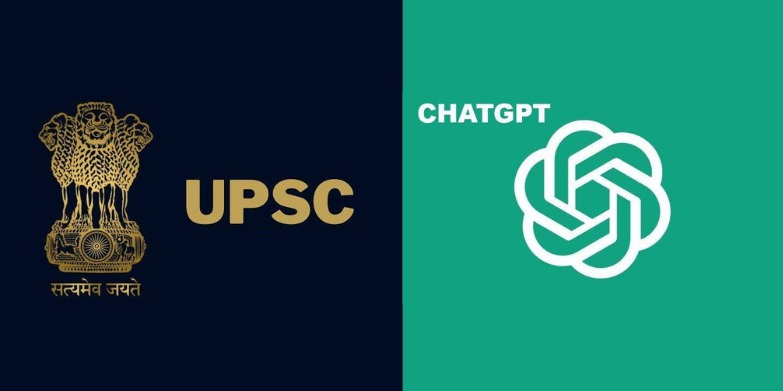Artificial Intelligence (AI) development can give easy and quick solutions to all our problems. One such AI tool is ChatGPT which is a chatbot developed by Open AI launched in November 2022. This AI chatbot works in the conversational pattern answering the questions raised by the user.
ChatGPT has mainly pulled the attention of the young generation especially students as it helps them with their assignments and projects.
But unfortunately this smart chatbot could not clear the UPSC Indian Civil Service Examination, which is one of the world’s toughest examinations.
According to the Business Standard and the quint, Analytics India Magazine (AIM) which is located in Bengaluru tested the chatbot’s ability through its performance in the UPSC prelims which had questions related to Economy, History, Geography, General Science, Ecology and Current Affairs. Out of 100 questions, ChatGPT could answer only 54 questions correctly.
ChatGPT could not provide appropriate answers for several questions from Geography and Economy including current affairs due to its limited knowledge. Therefore, it failed to meet the cutoff criteria of around 88% for general candidates.
Though ChatGPT cleared Google’s interview, it failed to clear the class sixth exam paper set for students in Singapore. So this clearly shows the difficulty level of these examinations.
However ChatGPT is more efficient in generating writings by pretending the word sequence than searching on the internet. An AI language model is basically trained to answer the questions based on its data so there is no assurance that the answers will be 100% accurate. Therefore this is a perfect example that proves, blindly trusting a chatbot or an AI tool to answer all your questions will have its own implications.

